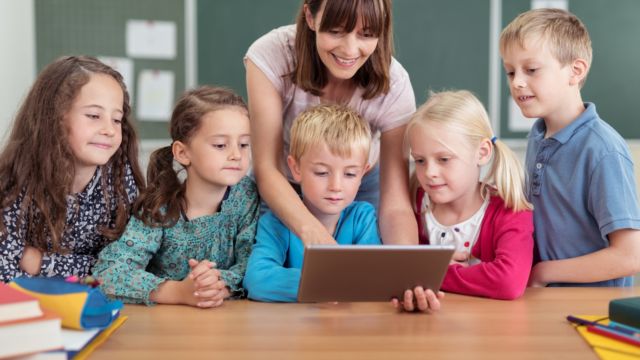Education
We produce computers for education and training.
Education and personal computers of all kinds have become deeply intertwined, transforming the way people learn, teach, and access information. The integration of personal computers in education has a profound impact on various aspects of the learning process. Here are some key points to consider:
- Access to Information: Personal computers provide students with easy access to a vast amount of information. The internet allows for research and exploration beyond traditional textbooks, enabling students to learn about diverse topics and perspectives.
- Digital Learning Resources: Educational software, online courses, and interactive multimedia tools have become essential components of modern education. These resources cater to various learning styles and can enhance the overall learning experience.
- Collaborative Learning: Personal computers facilitate collaborative learning environments. Students can work together on projects, share documents, and communicate with peers and teachers through various online platforms. This promotes teamwork and the development of communication skills.
- E-Learning and Distance Education: Personal computers have played a crucial role in the growth of e-learning and distance education. Students can now pursue education from anywhere in the world, breaking down geographical barriers and providing access to educational opportunities for people in remote or underserved areas.
- Digital Literacy: The use of personal computers in education helps students develop digital literacy skills. Understanding how to use technology for research, communication, and problem-solving is increasingly important in today's digital age.
- Personalized Learning: With the aid of personal computers, educators can implement personalized learning approaches. Adaptive learning software and online assessments can tailor educational content to individual students' needs, allowing for a more customized and effective learning experience.
- Skill Development: Students using personal computers often acquire valuable skills such as critical thinking, problem-solving, and creativity. Learning to use various software applications and digital tools prepares students for the technology-driven workforce.
- Teacher Professional Development: Personal computers also play a role in teacher professional development. Educators can access online resources, participate in virtual workshops, and collaborate with colleagues globally to enhance their teaching skills.
- Challenges and Concerns: Despite the numerous benefits, there are challenges associated with the integration of personal computers in education. These include issues such as the digital divide, where not all students have equal access to technology, concerns about screen time, and the need for effective teacher training in incorporating technology into the curriculum.
In summary, personal computers have revolutionized education by providing access to information, facilitating collaborative learning, and supporting various teaching and learning approaches. However, it is important to address challenges and ensure that technology is integrated in a way that enhances the overall educational experience for all students.
